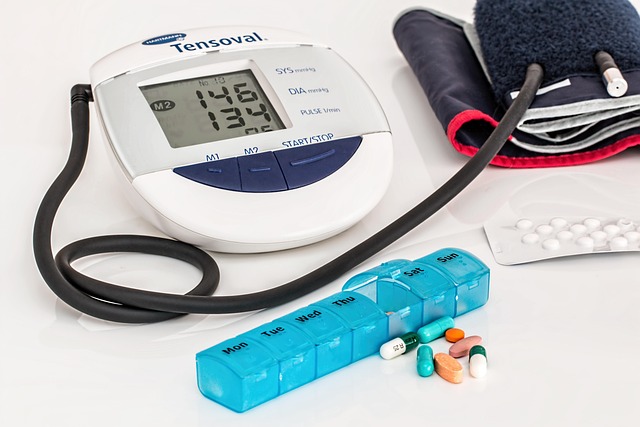Imagine a future where technology doesn’t just assist, but genuinely supports, guides, and even learns alongside us, especially in the places where care is most critical. Robotics has often felt like a distant concept, confined to factories or sci-fi films. But as we look towards tomorrow, robots are stepping into roles that feel surprisingly personal and profoundly impactful – nowhere more so than in healthcare, where the idea of a ‘robot mentor’ is beginning to take shape.
These aren’t just automated machines; they represent a new class of intelligent, interactive systems designed to work alongside humans, offering assistance, companionship, training, and even therapeutic support. They embody the hope that technology can truly be a partner in well-being.
Technological Innovations Paving the Way
The advent of robot mentors in healthcare is fueled by incredible leaps in several technological fields. Artificial intelligence (AI) is perhaps the most crucial, allowing robots to process complex information, understand human language (and even emotions, to some extent), and make informed decisions. Machine learning enables them to adapt and improve over time, becoming more effective mentors.
Advanced sensor technology allows robots to perceive their environment and interact safely with fragile patients. Improved Dexterity and Mobility mean robots can perform delicate tasks or navigate complex hospital or home environments. Furthermore, breakthroughs in Human-Robot Interaction (HRI) design are making these robots more intuitive, less intimidating, and even capable of expressing empathy, fostering trust and connection vital for a mentor relationship.
Revolutionizing Healthcare Through Robot Mentors
These technological advancements are translating into transformative health innovations. Robot mentors are poised to revolutionize healthcare in numerous ways:
Patient Support and Companionship: For elderly patients or those with chronic conditions, robot mentors can provide reminders for medication, assist with simple physical tasks, and offer engaging interaction to combat loneliness, acting as a constant, non-judgmental presence.
Therapeutic Assistance: In rehabilitation, robot mentors can guide patients through exercises, monitor their progress with precision, and provide real-time feedback, making therapy more effective and encouraging.
Medical Training and Education: Robot mentors can provide realistic simulations for training doctors, nurses, and surgeons, offering repeatable scenarios and objective performance analysis without risk to human lives.
Mental Health Support: Some robots are being developed to offer basic cognitive behavioral therapy exercises or simply act as responsive listeners, providing accessible support for mental well-being.
Assisting Healthcare Professionals: By taking on repetitive or data-heavy tasks, robot mentors can free up human staff to focus on complex medical issues and providing the essential human touch that robots cannot replicate.
The concept of a robot mentor in healthcare moves beyond simple automation. It envisions a future where technology serves as a reliable, intelligent partner, enhancing care, empowering patients, and supporting the dedicated individuals who work tirelessly in the healthcare field. This is where robotics becomes truly personal, offering a glimpse into a future of health that feels both advanced and reassuringly supportive.




